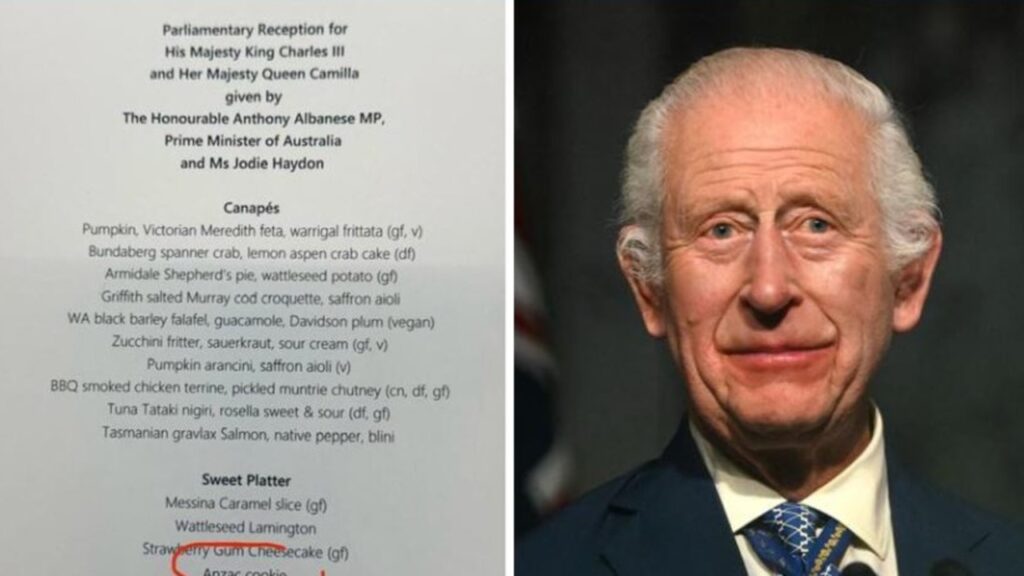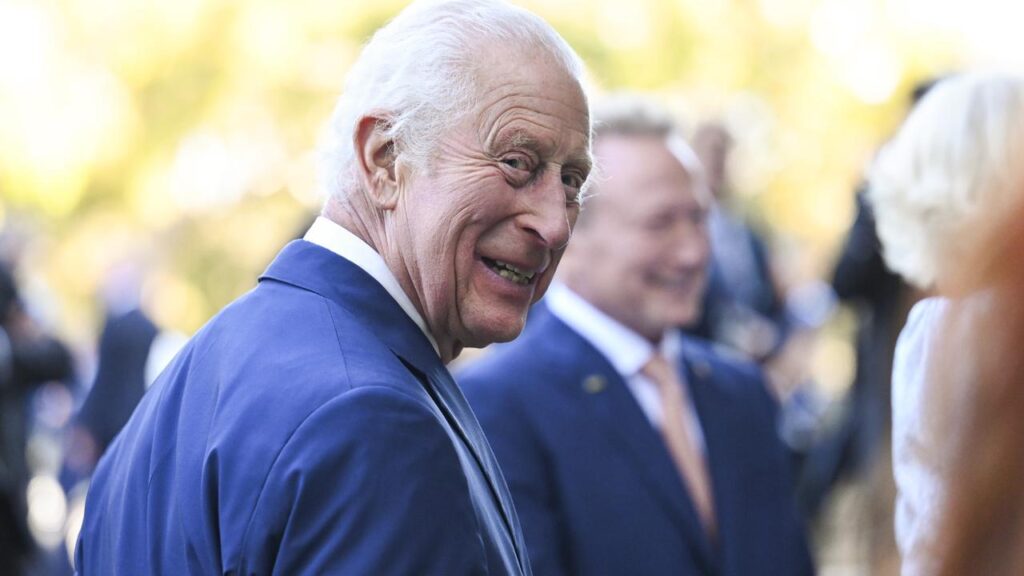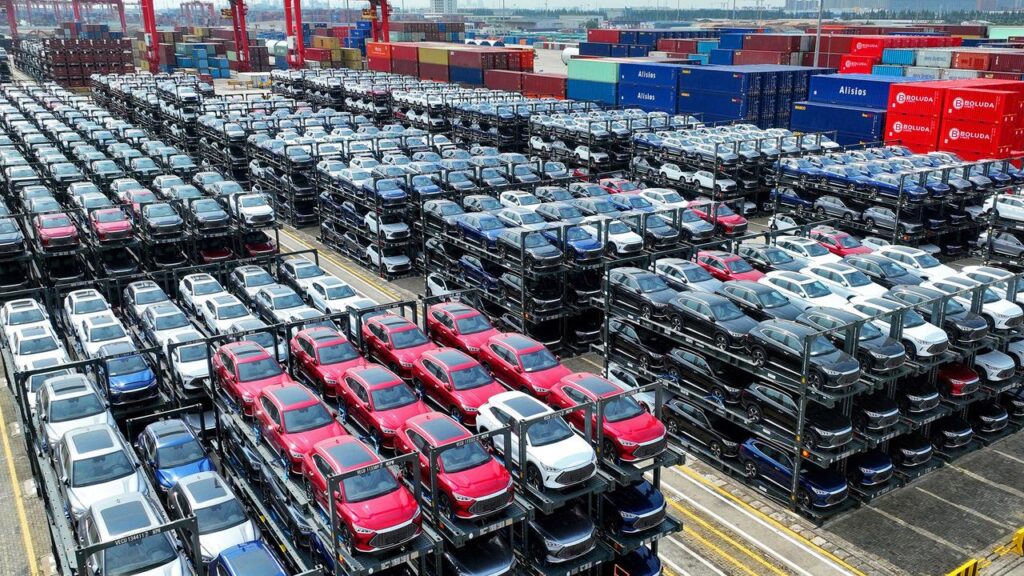Dirty secret: How Jim Chalmers’ bigger, better tax cuts will also increase personal income tax receipts by $28 billion
Written by admin on May 14, 2024
The Treasurer is hiding a dirty secret in the budget that’s so X-rated it’s not even available in a personal income tax cut sealed section.
And let’s just say it involves having something done to you that sounds good in the short-term, but may not prove quite so enjoyable over the medium term.
Spoiler: It involves Jim Chalmers giving most Australians a bigger, better tax cut under the redesigned tax cuts. He’s even throwing in a $300 energy rebate in the budget for all households.
“Everyone is better off. Every taxpayer is better off. We have found a way to give everyone a tax cut, to return bracket creep,’’ Dr Chalmers told news.com.au in the budget lockup.
“We are providing $107 billion in tax relief, so that every taxpayer gets a tax cut.”
But the redesigned tax cuts also include a surprise he’s less likely to talk about. The redesign also collects $28 billon more in personal income tax over the next 10 years.
And that should give him plenty of room — and pressure — to deliver more tax cuts at the next election.
Confused? Let’s explain.
There’s a hint of it in the budget papers, on page 12 of Budget Measures No 2.
That’s where we learn that the Personal Income Tax Cuts billed as delivering “cost-of-living relief” for millions will also do something unexpected.
Over the next financial year, the tax cuts will result in a temporary saving to the budget of $1.26 billion.
“It’s just a timing thing. It’s about the withholding schedules. But overall, over the four years we spent $1.4 billion more,’’ Dr Chalmers said.
“It’s a little bit cheaper at the front end. So nobody misses out, it’s just a function of timing.”
The vast majority of workers are still better off.
And for most PAYG tax earners you will see the benefits in your fortnightly or monthly pay for July 1.
But the government will also be temporarily collecting more personal income tax, not less, than it would have under the original Stage 3 tax cuts.
While most workers will get a tax cut, on average $36 a week, many workers who are not PAYG earners or have more withheld from their pay than the tax changes will have to wait for their tax cut until they file their tax return.
And that’s why the government expects to collect more income tax than under the original Stage 3 tax cuts, not less over 2024-25.
Over 2025-26 the Albanese Government has forecast it will be collecting $1.6 billion less tax than it expected to under Scott Morrison’s original tax cuts. That is, workers will get to keep more of what they earn.
But wait, there’s more. From 2026-27 the amount of tax the government collects compared to the original Stage 3 tax cuts starts to grow again.
In 2026-27 the Albanese Government expects to collect $920 million less tax than under the original Stage 3 tax cuts.
By 2027-28 the value of the “new” tax cuts compared to the “old” tax cuts has shrunk again to virtually nothing.
And then there are the predictions of how the income tax changes will play out over the next decade as people earn more due to inflation and are forced into higher tax brackets — also known as bracket creep.
Rather than keep the envelope of the tax cuts exactly the same, the Albanese Government’s changes are expected to increase tax receipts by $28 billion.
Part of the reason is explained in the budget papers. If you turn to page 170 of Budget Paper No. 1, the government explains that stronger wage and employment growth is contributing to a rise in personal income tax that is expected to be $67 billion (25 per cent) higher on a receipts basis.
Two thirds of the increase is a result of expected growth in incomes while around 10 per cent is as a result of more people filing tax returns.
The impact of bracket creep is much smaller as a result of the Albanese government’s changes but it’s still a factor. Without the changes made it would have contributed a much larger percentage.
The average income of a tax filer is expected to increase from $71,000 in 2021-22 to $80,000 next year.
Of course, there’s not a hint of the Treasurer’s dirty secret in the budget “glossy” as it’s called, a sort of Stepford Wives pamphlet filled with thrilled voters who are in an absolute froth of joy over their tax cuts.
On page 13 we meet “Frances”, a full-time barista earning $50,000 a year. She’s so stoked that she’s getting a $929 tax cut in 2024-25 that she’s smiling from ear to ear as she hands over a flat white in a perfectly pressed grey apron.
Then, there’s Jeremy and Sarah. They both work full time, earning $75,292 and $60,000 respectively. They have two children, aged two and three.
To find out about the $28 billion sting in the tax cut tale you need to turn to Treasury’s advice on amending tax cuts to deliver broader cost-of-living relief.
It’s all there on page eight of the Treasury document that’s not included in the budget papers at all.
“The redesign of the Stage 3 tax cuts is broadly revenue neutral — reducing tax receipts by around $1.3 billion over the forward estimates period…but will increase tax receipts by $28 billion over the medium term from 2023-24 to 2034-35,’’ the document states.
It’s the budget’s dirty secret.
And it provides 28 billion reasons why Anthony Albanese and Jim Chalmers will be under the pump to cut income taxes again before the next election.
It’s also where Dr Chalmers explains why he wanted to redesign the tax cuts because the ability to deal with rising cost-of-living pressures is unevenly distributed and being felt most by low- and middle-income households.
These are all good reasons to redesign the tax cuts, to help the poorest households who spent more than their disposable income on average over 2021-22.
Working households have experienced the fastest rise in the cost of living, with prices rising 9 per cent through the year to September 2023.
The redesign will deliver a better deal in terms of bracket creep relief for these low and middle earners by delivering bigger tax cuts.
But over time, as they earn more and pay more tax the government will also collect more tax — $28 billion worth — unless it takes action.
The Treasurer concedes that sort of status quo can’t stand and he doesn’t expect it will.
More Coverage
“That assumes, wrongly I think, that no government over the course of the next 10 years will make any changes,” he said.
“I think any government of either political persuasion over that 10-year period will consider if further tax relief is responsible.”
And that’s a big clue that voters should expect — and demand — more tax cuts going forward.







